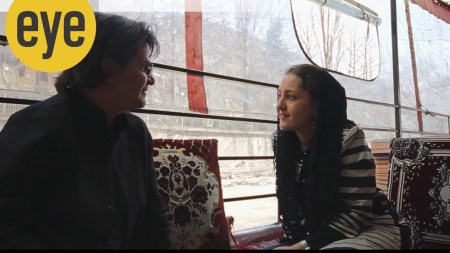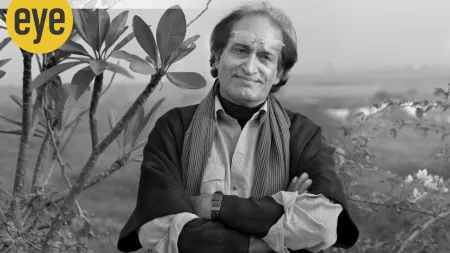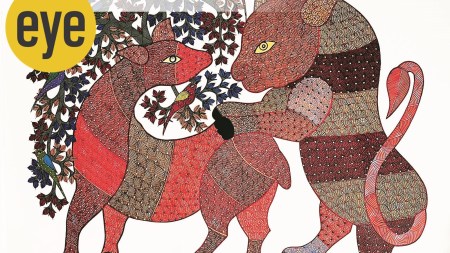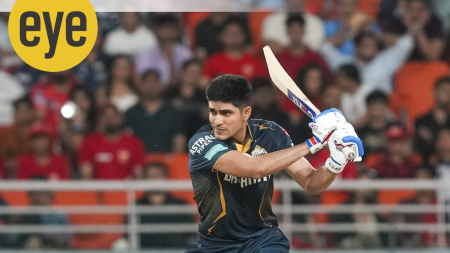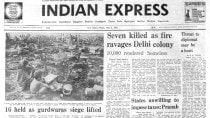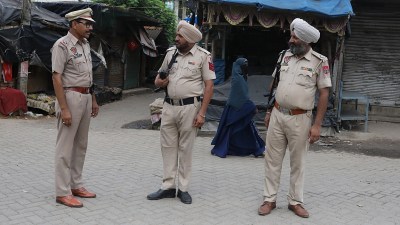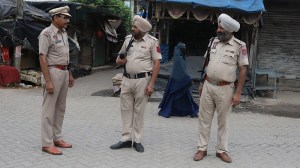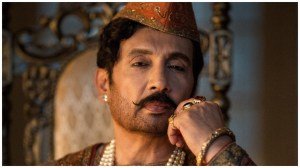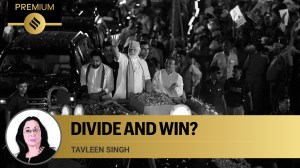- India
- International
When State stops caring for students, teachers, parents
How did India descend into this apocalypse? The short answer is that the Savarna (dominant caste) neoliberal order puts profit and power before people.
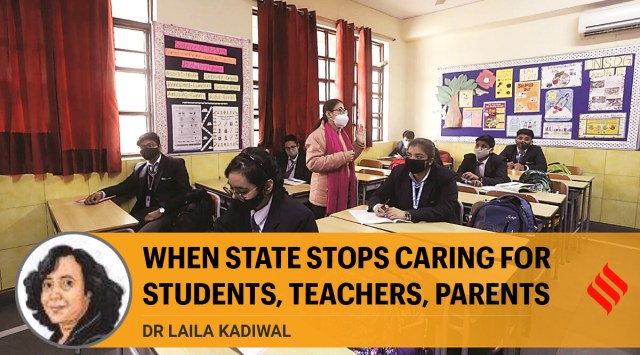 Additionally, neo-liberal policies of the World Bank and IMF dismantled any hope for India’s life-affirming infrastructure. (File)
Additionally, neo-liberal policies of the World Bank and IMF dismantled any hope for India’s life-affirming infrastructure. (File)Written by Laila Kadiwal
Shana is 10 and Sneh 6 (names changed). They lost their 34-year-old mother — my cousin — and grandmother to Covid-19. The two children will resume their schooling soon, but the National Education Policy produced amid the pandemic is oblivious to their counselling needs.
As the death toll among the youth rose, my nephew, Aadi, 21, continued to attend office. His company prepares applications for Indian students seeking universities in the West. The top management, working from home, demanded that employees show up daily. They warned of wage cuts if Aadi worked from home. Aadi found it hard to prioritise his and his ailing mother’s wellbeing as he feared losing his livelihood.
These are just some stories from India which show how education as well as students, teachers, and parents have become victims of an uncaring State. The numbers of teaching and non-teaching staff and students succumbing to Covid-19 continue to pile up. In Uttar Pradesh, as per a teacher’s association, over 1,600 teachers and workers of the Basic Education Department have died due to the infection since the first week of April, and a large percentage of them were on panchayat poll duty. They were allegedly forced to show up and had feared job losses.
Aligarh Muslim University lost close to 50 members and Delhi University lost 24 members of the teaching staff in the current wave. Jamia Millia Islamia has lost four professors, and a total of 15 staff members to Covid. We do not know how many cleaning staff, who mostly hail from historically oppressed caste backgrounds, died disinfecting hostels and classrooms. They lost their lives because of lack of oxygen, shortage of hospital beds or expensive medicine.

 How did India descend into this apocalypse? The short answer is that the Savarna (dominant caste) neoliberal order puts profit and power before people. India is now the third-largest military spender and had the fourth-lowest health budget in the world in 2020. The leaders also organised poll rallies and religious gatherings. The regime resorted to scapegoating Muslims and jailing academics, students, activists who defended the rights of Dalits, Adivasis, Muslims, Christians and women.
How did India descend into this apocalypse? The short answer is that the Savarna (dominant caste) neoliberal order puts profit and power before people. India is now the third-largest military spender and had the fourth-lowest health budget in the world in 2020. The leaders also organised poll rallies and religious gatherings. The regime resorted to scapegoating Muslims and jailing academics, students, activists who defended the rights of Dalits, Adivasis, Muslims, Christians and women.
Additionally, neo-liberal policies of the World Bank and IMF dismantled any hope for India’s life-affirming infrastructure. The austerity measures provided tax relief for the wealthy and commodified education and health. While the regressive measures have hurt the most deprived, the wealth of the top 10% of the Indian population has multiplied ten-fold in the last decade.
My nephew Aadi, who is from the ‘Other Backward Caste’, dreamt of becoming a doctor but couldn’t despite good grades. One has to ace a stiff competition for it that sees nearly 200,000 students applying for approximately 52,000 places in medical colleges annually; or be loaded with money to get a ‘donation’ seat. Such mechanisms help continue the multi-generational privileges of dominant castes. Today, Aadi and thousands of young people like him could have been at the front line addressing the health crisis. India faces an acute shortage of doctors with just 9.28 doctors per 10,000 population (WHO, 2019).
Further, when my sister was rushed to ICU, Aadi had to clear a bill which was four times his monthly income. Instances like these further limit the dreams of young Indians, even as nearly 63 million people in the country are pushed into poverty every year because of healthcare costs (Oxfam).
Race, gender, caste, class are further used to violate the ‘others’. A vast number of teachers are on precarious contracts. Many of them have not been reimbursed for months. Yet, several state governments have used the pandemic to raise daily working hours of labour.
I wept as I recorded the video on our “new dynamic online offering” to attract international students to study in London. That day Devika, a Class 9 Dalit student killed herself allegedly because she didn’t have access to to online classes. This is an issue of political accountability of the State. Now, students, teachers and parents are mobilising support to save fellow students and teachers. Hope lies in these solidarities.
Dr Kadiwal is a lecturer at the UCL Institute of Education, UK (Suraj Yengde, author of Caste Matters, curates the fortnightly ‘Dalitality’ column)
EXPRESS OPINION
Best of Express
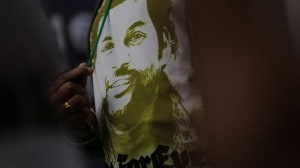
More Explained
May 05: Latest News
- 01
- 02
- 03
- 04
- 05






